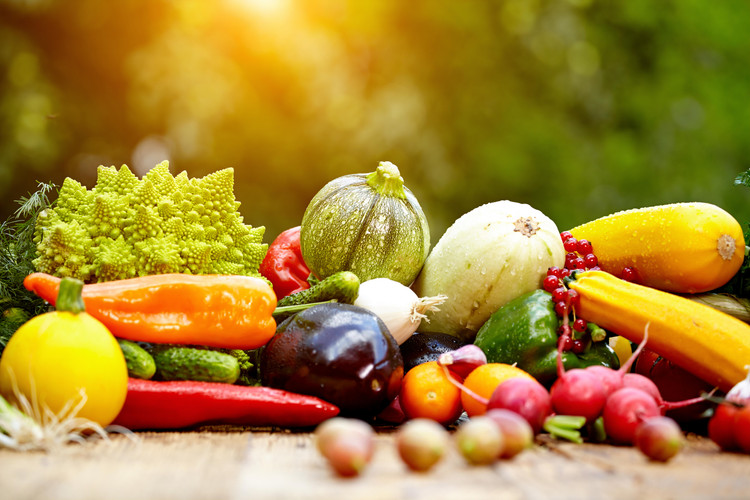How Vegetables and Portion Control Can Help You Lose Weight
Posted by Portions Master on 6th Oct 2022
Lose weight? Live longer? Maybe your mom was right when she told you to eat your vegetables. Fortunately, vegetables are an important component of reaching any weight loss goals. The United States Department of Agriculture (USDA) recommends that adults eat 2-3 cups of vegetables per day as part of a healthy diet. However, many Americans fall short of this recommendation, consuming less than 1.5 cups per day on average.
There are many reasons why eating more vegetables can help you lose weight. First, vegetables are a low-calorie food, so they can help you cut down on calories without feeling hungry. Second, they're a great source of fiber, which helps keep you feeling full and satisfied after eating. And finally, eating more vegetables can help reduce portion sizes overall, since they take up space on your plate. If you're looking to lose weight, consider the Portions Master Portion Control Plate to make sure you’re getting the right serving of veggies with each meal. This simple change can make a big difference in your calorie intake and help you reach your weight loss goals.
Full for Longer
Portion control isn’t just about weight loss. It’s also about making sure you’re getting the nutrients your body needs. So instead of filling up on processed carbs, focus on adding more veggies to your plate. Vegetables are packed with fiber and water, both of which help fill you up more efficiently than processed carbs ever could. Plus, adding veggies to your meals will give you an extra boost of vitamins and minerals. And when it comes to weight loss, every little bit counts!
Regulate Blood Sugar
If you're portion control dieting, you're probably eating a lot of vegetables. And that's a good thing! Not only are vegetables packed with vitamins and minerals, but the fiber in vegetables helps regulate your blood sugar[1]. So, if you're eating all your allotted vegetables each day, you shouldn't experience that late-afternoon energy slump (and cravings for sugar) that you may encounter when eating processed carbohydrates. Of course, portion control is key. Just because you're eating vegetables doesn't mean you can overeat. That’s where the Portion Control Plate comes in. It measures out the exact portion size needed for vegetables. This will help ensure that you're getting the nutritional benefits of vegetables without overdoing it on calories.
Vegetables Reduce Calorie Intake
If you're looking to cut down on calories but still feel satisfied at mealtimes, vegetables are a great option. They tend to be lower in calories than many other food groups, yet they pack a powerful nutritional punch. Vegetables are full of fiber, antioxidants and vitamins, which means they can help keep you healthy and full for longer. And because they're so nutrient-dense, you may find that you need to eat less of them to feel satisfied than you would with processed foods or foods that are lacking in nutrients[2].
One easy way to incorporating more vegetables into your diet is to portion out your meals using a portion control plate. This type of plate is divided into sections, with each section representing a different food group. By filling up on veggies first, you'll be less likely to overeat later in the meal. And because portion control is key to any healthy diet, using a portion control plate can help you make sure you're not eating too much of anything. So next time you're feeling hungry, reach for a portion control plate and fill up on veggies first!


